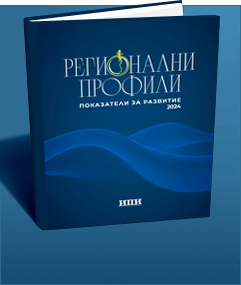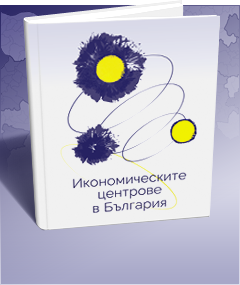The December gift for the municipalities
The government awarded more than 250 million leva for “valuable municipal projects” in its last session. What is paradoxical about this decision is that the sum in question is greater than the common targeted subsidy for municipal capital expenditure in the budget for 2021. A single session of the government proved more important for local investments than the entire procedure of adopting the budget. Municipal investment, already dependent on state transfers, is growing increasingly reliant on manual control from the Council of Ministers as well.
It is not clear why the government should be concerned with the adoption of every single local investment. Be it a new park in Haskovo, a street renovation in Simitli, the building of a sport site in Aitos or landscaping of the city square in Elena – all of this apparently requires the ministers to get together on the 9th of December, 2020 and give the green light. Is this is the optimal model for regional development? Not local self-governance, but a model imposed by the supreme administrator.
This entire resource for local investment, voted in “by emergency”, accounts for under 1% of tax revenue. In other words, if even a tenth of the 10% income tax actually remained on the local level, municipalities would have the funds to make these investments without having to wait for ministerial authorization. What is more, private funds allow much smarter management and long-term planning. The endless “asphalt” investments are to a certain extent the result of the December provisions model.
This is not to say that the knowledge economy, which we aspire to, does not require asphalt and basic infrastructure. What is clear, however, is the contrast between claims for “smart” investments – indicated in the Plan for the restoration and sustainability of the projects set out in the municipal program for the period 2021-2027, and the reality of the December provision, which has few if any tangencies with the transformation of the national economy. In this case, extremely centralized regional planning does not lead to intelligent decisions. Quite the opposite – the competition becomes to appropriate some money, and throw it at the painfully familiar “asphalt” investments.

